Fertilizing bare root trees at planting?
jay_in_norcal
14 years ago
Featured Answer
Comments (12)
misterbaby
14 years agoca_cherry_grower
14 years agoRelated Professionals
Bridgetown Landscape Architects & Landscape Designers · Arnold Landscape Architects & Landscape Designers · Garden City Landscape Architects & Landscape Designers · Port Royal Landscape Architects & Landscape Designers · Peabody Landscape Contractors · Bainbridge Island Landscape Contractors · Barrington Landscape Contractors · Cambridge Landscape Contractors · Chelmsford Landscape Contractors · Dunwoody Landscape Contractors · El Reno Landscape Contractors · Mesa Landscape Contractors · National City Landscape Contractors · Goldenrod Landscape Contractors · Casselberry Landscape Contractorsgator_rider2
14 years agocalistoga_al ca 15 usda 9
14 years agoalan haigh
14 years agocreekweb
14 years agogonebananas_gw
14 years agostrudeldog_gw
14 years agothisisme
14 years agoalan haigh
14 years agoalan haigh
14 years ago
Related Stories
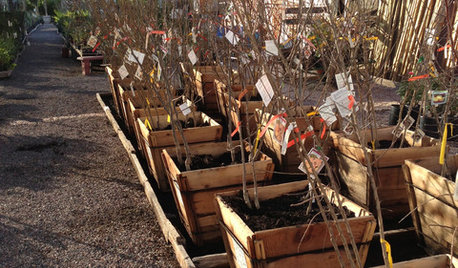
GARDENING GUIDESThe Beauty of Bare-Root Plants
Plant dormant trees and shrubs in fall using the easy, affordable bare-root method and enjoy beautiful results in spring
Full Story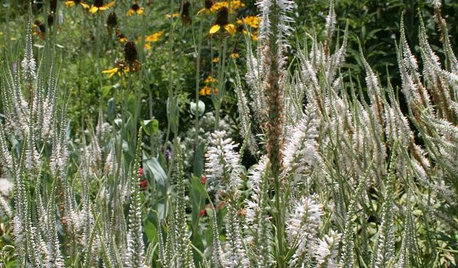
CENTRAL PLAINS GARDENINGGreat Design Plant: Culver's Root
Spiky summer blooms beloved by butterflies and architectural interest in winter make this Midwest native plant worth featuring in the garden
Full Story
GARDENING GUIDESHow to Keep Your Citrus Trees Well Fed and Healthy
Ripe for some citrus fertilizer know-how? This mini guide will help your lemon, orange and grapefruit trees flourish
Full Story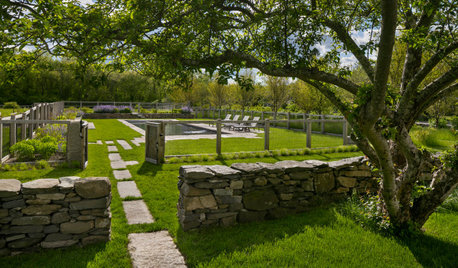
GARDENING GUIDESHow to Keep Your Trees Healthy
Ensure your trees’ vigor for years to come with these tips for protecting roots, watering effectively and more
Full Story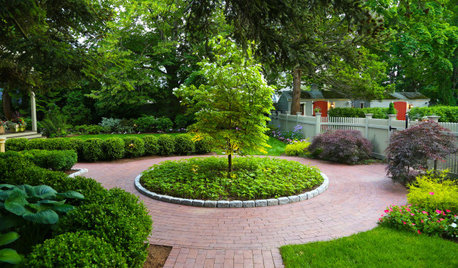
GARDENING GUIDESWhen and How to Plant a Tree, and Why You Should
Trees add beauty while benefiting the environment. Learn the right way to plant one
Full Story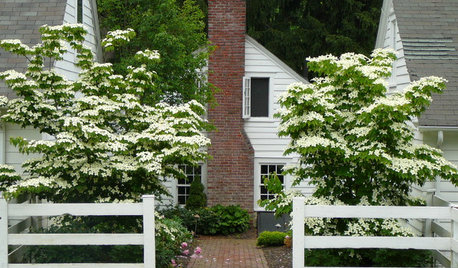
TREES7 Deer-Resistant Flowering Trees to Plant this Fall
If you live in a neighborhood with roaming deer, consider these beautiful trees that won't tempt hungry guests
Full Story
GARDENING GUIDESCommon Myths That May Be Hurting Your Garden
Discover the truth about fertilizer, soil, staking and more to keep your plants healthy and happy
Full Story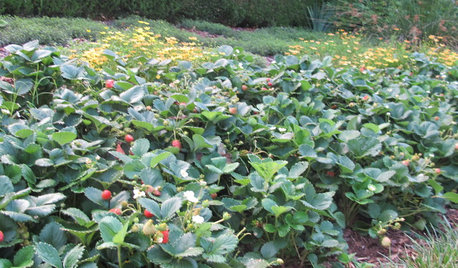
REGIONAL GARDEN GUIDESSoutheast Gardener's September Checklist
Fertilize strawberries, plant a tree or two and beckon hummingbirds to your Southern garden this month
Full Story
ARTThe Beauty of Bonsai — Living Art, Rooted in Harmony
Create your own emblem of nature's balance with an art form dating back 1,000 years
Full Story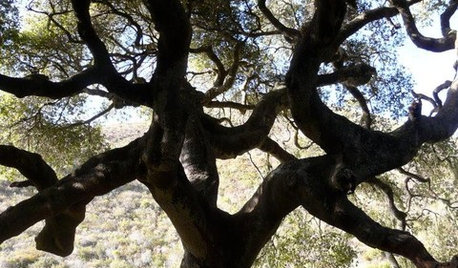
GARDENING AND LANDSCAPINGArbor Day Applause: Iconic Los Angeles Trees
Step aside, palm trees. California's native trees offer landscapes a huge variety of styles, personas and foliage
Full StoryMore Discussions






thisisme